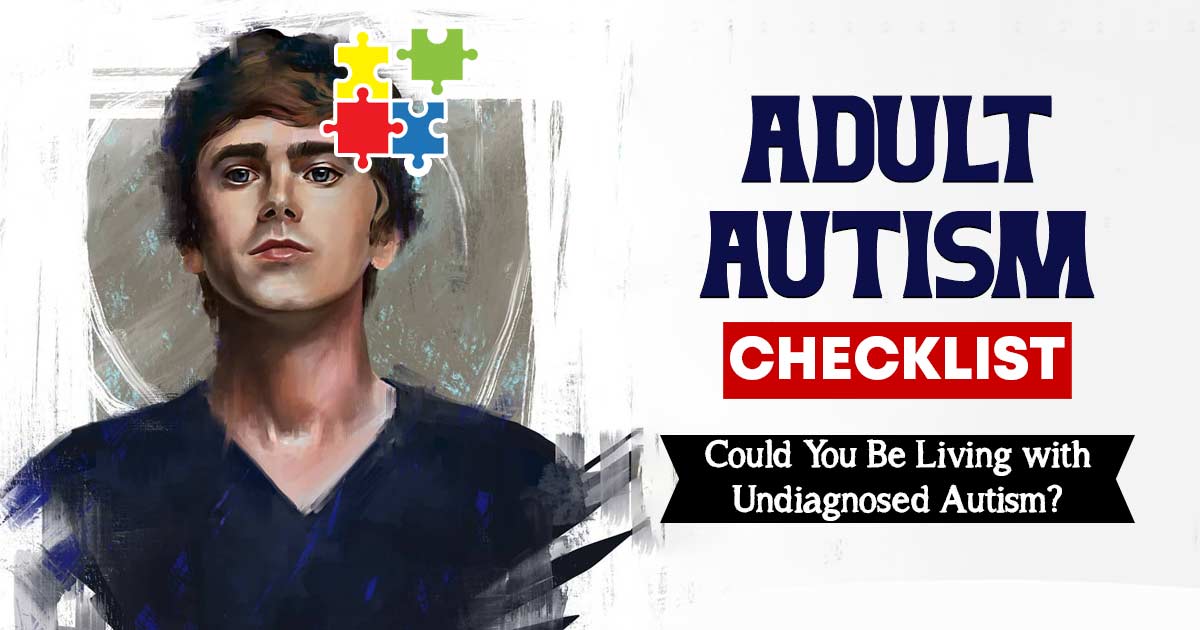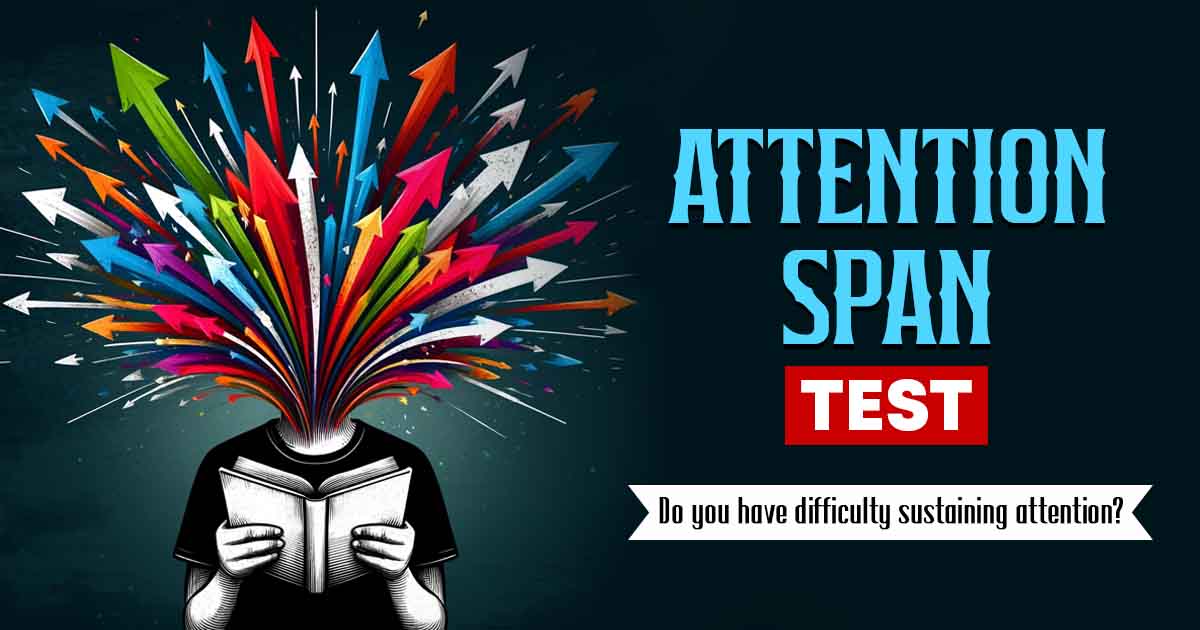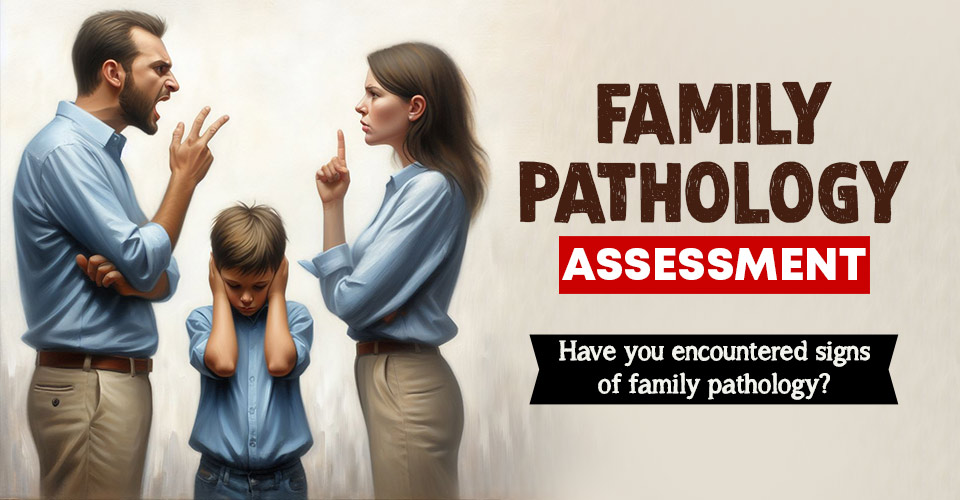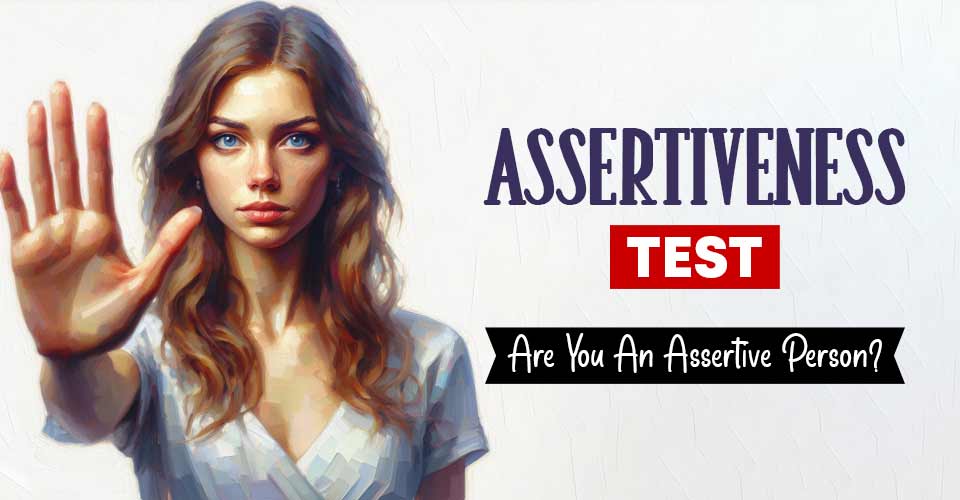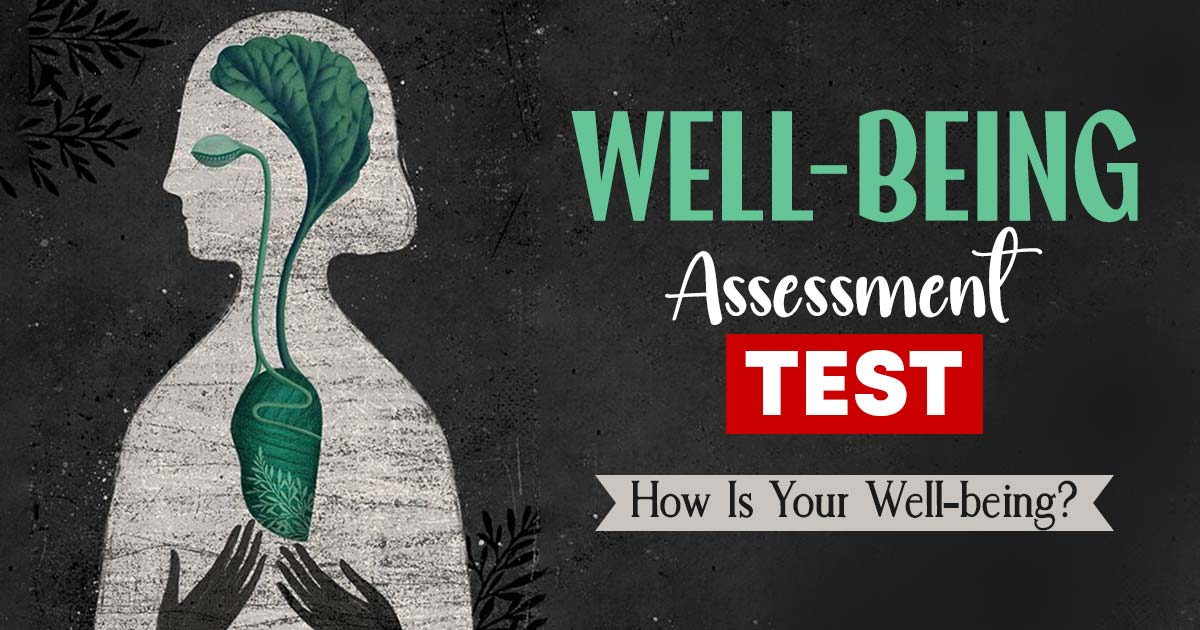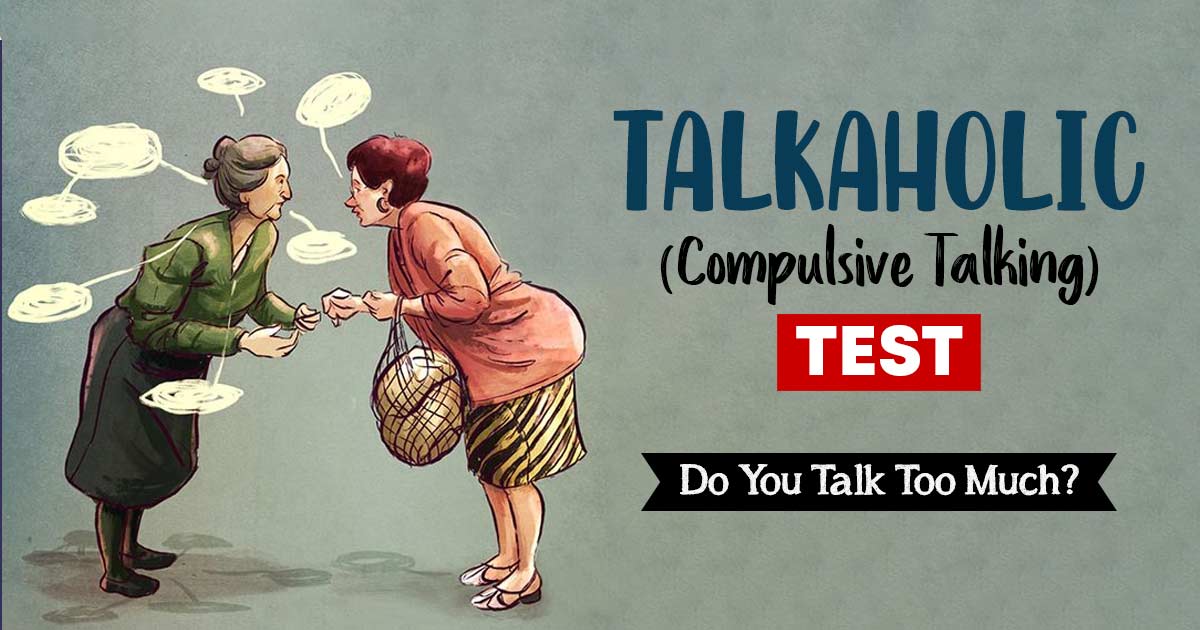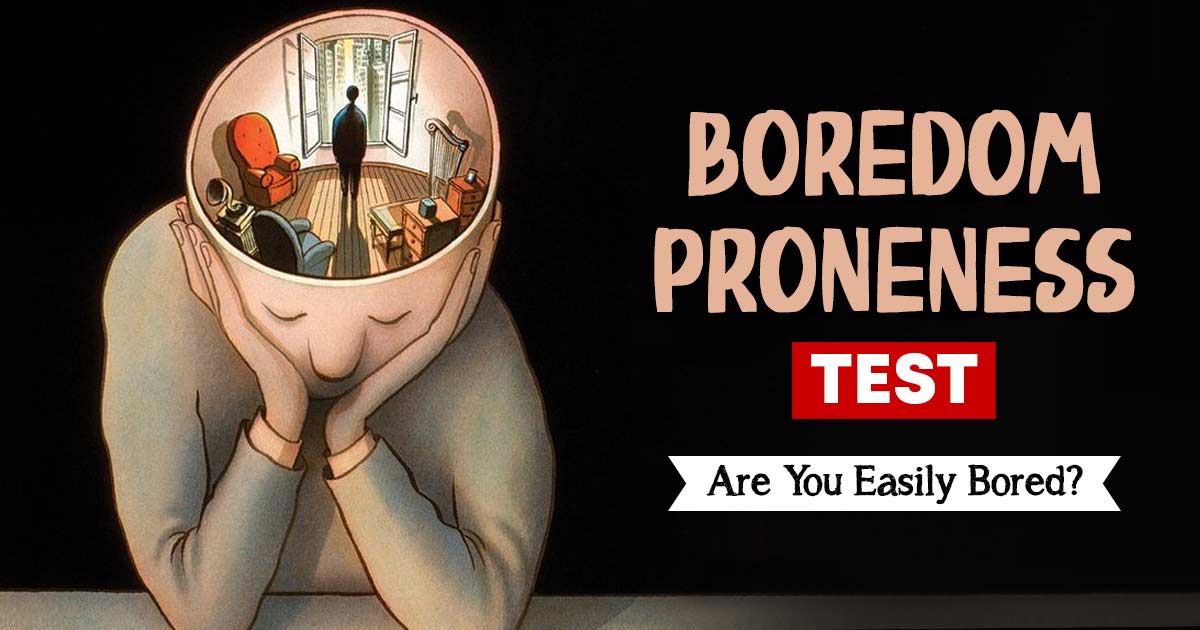Do you often find yourself drawn to specific interests and prefer to stick to a consistent routine? Do disruptions to your daily schedule leave you feeling highly frustrated? Do you struggle to understand the intentions of others during conversations? Or perhaps you feel that certain qualities set you apart from those around you? Taking this adult autism test can help you identify potential signs of autism and offer a deeper understanding of yourself.
What Is Adult Autism?
Autism, also known as autism spectrum disorder (ASD), is a prevalent neurodevelopmental condition that encompasses a wide range of behaviors and challenges, including difficulties with social skills, repetitive actions, speech, and nonverbal communication. While autism is often diagnosed in childhood, typically after the age of 4, some adults with autism may not receive a diagnosis until later, even if their symptoms are more pronounced. Over recent years, there has been a growing awareness of autism spectrum disorder (ASD) in adults, leading to more diagnoses of adult autism. Adults with autism may adapt well in specific work environments but often struggle with forming close, personal relationships.
Some common traits of adults with autism include:
- Difficulty understanding the thoughts or emotions of others, leading to anxiety in social settings
- Struggling to make friends and preferring solitude
- Being highly sensitive to certain sounds or smells that others do not seem to mind
- A strong desire for consistency, with a tendency to focus intensely on particular interests
- Reacting with frustration or distress when there is a change in routines or expectations
Instructions for Taking the Adult Autism Test
Below, you’ll find a series of statements that pertain to signs of autism in adults. Carefully read each statement and select the options that best apply to you.
Please note: This adult autism checklist is designed for self-assessment purposes and is not a diagnostic tool. It is intended for individuals aged 16 and older.
Assessment Summary
0 of 15 Questions completed
Questions:
Information
You have already completed the assessment before. Hence you can not start it again.
Assessment is loading…
You must sign in or sign up to start the assessment.
You must first complete the following:
Results
Results
Your time:
Time has elapsed
You have reached 0 of 0 point(s), (0)
Earned Point(s): 0 of 0, (0)
0 Essay(s) Pending (Possible Point(s): 0)
Categories
- Mental Health Assessment 0%
-
Low Autism Signs
Your present score reveals that you have a low autism sign. It indicates that in very few cases, you might show rigidity in changing your schedules, and plans and might get upset a few times if there is a change in your daily routine. Apart from this, it can be observed from your response that you might show a few difficulties in understanding what the other person is thinking and feeling and also might find it a little difficult to understand the other person’s facial expression and body language.
Besides this, it can be seen from the present score that you might find it a little hard to make new friends and get close to them. Further, it may also be possible that in a few cases, you might show an interest in specific areas and do not like to shift your interest easily to something else. Also, it can be seen from your response that you might tend to notice sound and smell in detail a few times which others are unable to hear or smell.
However, it should be noted that your responses may have an impact on your social, occupational, and other areas of functioning. if you think the results do not accurately match your characteristics, then we would encourage you to consult a Psychologist for an accurate result.
Want to learn more?
Some adults with diagnosed autism are found to be moderate to highly successful people, while others are happily married and partnered, and are fully employed. The right diagnosis and adequate treatment can help adults with autism traits to function better in their life. Some self-help strategies that can help adults with this trait, such as- Have a plan beforehand, Being aware of the triggers that raise the signs of stress and anxiety, prioritizing and remaining connected with family, and friends, support, practicing breathing exercises, deep breathing, enhancing social skills to communicate with others, maintaining a journal to vent out unexpressed thought and finally, showing commitment to the treatment plan set by the medical professional. If you want to know how to deal with your traits of autism, talk to our professional psychologists.
You can use our Mood Tracker to stay mindful of your mood every day, identify your innermost thoughts & emotions on a daily basis. It will aid you in doing all those things you love, while limiting activities that might dampen your mood.
-
Moderate Autism Signs
Your present score reveals that you have moderate autism signs. It indicates that in some cases, you might show rigidity in changing your schedules, and plans and might get upset somewhat if there is a change in your daily routine. Apart from this, it can be observed from your response that you might show some difficulties in understanding what the other person is thinking and feeling and also might find it often difficult to understand the other person’s facial expression and body language.
Besides this, it can be seen from the present score that often you might find it hard to make new friends, partners and get close to them. Further, it may also be possible that in some cases, you might show an interest in specific areas and do not like to shift your interest easily to something else. Also, it can be seen from your response that you might tend to notice sound and smell in detail in some cases which others are unable to hear or smell.
However, it should be noted that your responses may have some impact on your social, occupational, and other areas of functioning. if you think the results do not accurately match your characteristics, then we would encourage you to consult a Psychologist for an accurate result.
Want to learn more?
Some adults with diagnosed autism are found to be moderate to highly successful people, while others are happily married and partnered, and are fully employed. The right diagnosis and adequate treatment can help adults with autism traits to function better in their life. Some self-help strategies that can help adults with this trait, such as- Have a plan beforehand, Being aware of the triggers that raise the signs of stress and anxiety, prioritizing and remaining connected with family, and friends, support, practicing breathing exercises, deep breathing, enhancing social skills to communicate with others, maintaining a journal to vent out unexpressed thought and finally, showing commitment to the treatment plan set by the medical professional. If you want to know how to deal with your traits of autism, talk to our professional psychologists.
You can use our Mood Tracker to stay mindful of your mood every day, identify your innermost thoughts & emotions on a daily basis. It will aid you in doing all those things you love, while limiting activities that might dampen your mood.
-
High Autism Signs
Your present score reveals that you have high autism signs. It indicates that in most possible cases, you seem to show rigidity in changing your schedules, and plans and might get very upset if there is a change in your daily routine. Apart from this, it can be observed from your response that you seem to show strong difficulties in understanding what the other person is thinking and feeling and also might find it most difficult to understand the other person’s facial expression and body language.
Besides this, it can be seen from the present score that in most possible cases you seem to find it very hard to make new friends, and partners and get close to them. Further, it also seems to be possible that in most cases, you might show a strong interest in specific areas and do not like at all to shift your interest to something else. Also, it can be seen from your response that in most cases you seem to notice sound and smell in very detail which others are unable to hear or smell.
However, it should be noted that your responses may have a strong impact on your social, occupational, and other areas of functioning. if you think the results do not accurately match your characteristics, then we would encourage you to consult a Psychologist for an accurate result.
Want to learn more?
Some adults with diagnosed autism are found to be moderate to highly successful people, while others are happily married and partnered, and are fully employed. The right diagnosis and adequate treatment can help adults with autism traits to function better in their life. Some self-help strategies that can help adults with this trait, such as- Have a plan beforehand, Being aware of the triggers that raise the signs of stress and anxiety, prioritizing and remaining connected with family, and friends, support, practicing breathing exercises, deep breathing, enhancing social skills to communicate with others, maintaining a journal to vent out unexpressed thought and finally, showing commitment to the treatment plan set by the medical professional. If you want to know how to deal with your traits of autism, talk to our professional psychologists.
You can use our Mood Tracker to stay mindful of your mood every day, identify your innermost thoughts & emotions on a daily basis. It will aid you in doing all those things you love, while limiting activities that might dampen your mood.
- 1
- 2
- 3
- 4
- 5
- 6
- 7
- 8
- 9
- 10
- 11
- 12
- 13
- 14
- 15
- Current
- Review
- Answered
- Correct
- Incorrect
-
Question 1 of 15
1. Question
I prefer to work alone rather working with a group
-
Question 2 of 15
2. Question
I try but find it difficult to understand what others are thinking or feeling
-
Question 3 of 15
3. Question
I find it difficult to understand facial expression and body languages of another person
-
Question 4 of 15
4. Question
I notice small sound which others do not
-
Question 5 of 15
5. Question
I tend to notice details that others do not
-
Question 6 of 15
6. Question
I do not like any change in my routine/schedule
-
Question 7 of 15
7. Question
I have certain specific interest areas and I tend to involve in the same way with them
-
Question 8 of 15
8. Question
I find to hard to make new friends
-
Question 9 of 15
9. Question
I find number, dates and other strings of information really interesting
-
Question 10 of 15
10. Question
When I face a new social situation, I get tensed
-
Question 11 of 15
11. Question
I carefully plan all my activities before started working
-
Question 12 of 15
12. Question
I find it hard to keep a conversation going
-
Question 13 of 15
13. Question
I feel free to work with creative activities, such as- music, writing, scribbling, drawing etc
-
Question 14 of 15
14. Question
I love to imagine and find it easy to create a picture in my mind
-
Question 15 of 15
15. Question
I care for my close ones but find difficulty in adoring them intimately

